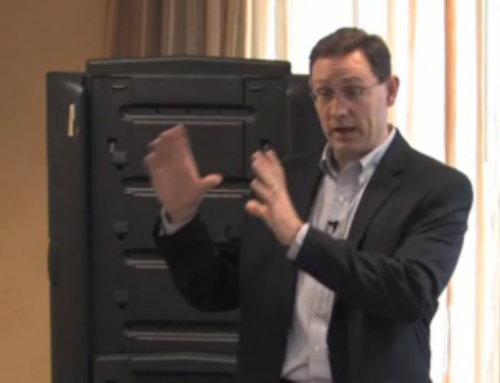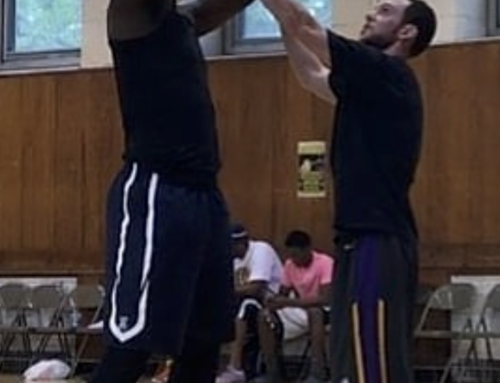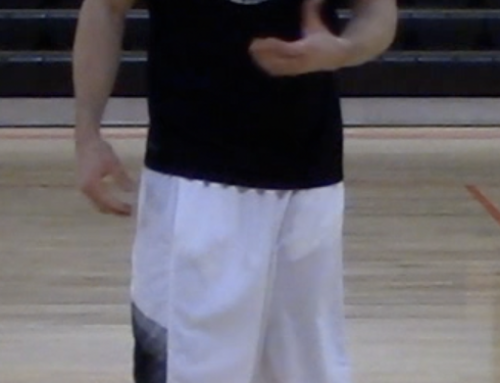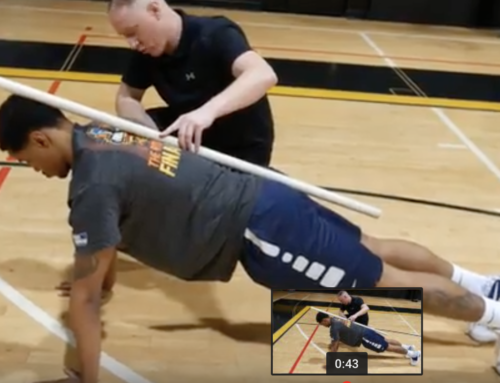Skip The Plays
By Sean Glaze, Great Results Team Building
You are probably sitting there just like I was 15 or 20 years ago saying…
“Are there ways that I can double up or maximize my culture without having to put in 30, 40 hours’ worth of team time, year-round or on a regular basis?”
That’s a real-world issue.
It’s a different thing looking from 10,000-ft view of idealistic “Yes, that sounds good” vs. “Now I’m looking at my calendar, and I’ve still got a family. I’ve still got other school work and I’ve still got whatever other things I’m juggling in life – and how am I going to fit that into these afternoons or these mornings or these weekends, when I’ve also got to get them ready to run a press attack against somebody else or make sure that I’m working on the skill work that we all know is certainly important?”
“How do you do it, Sean? What did you specifically do?”
I think that that’s a great question because it’s the application of not just the idea of “What can I do tomorrow?”
One of the things that we scheduled and were intentional about is our kids had to eat; so we made sure that we did have some meals together, whether that was making sure for the pregame meal that we were all together and that we worked in some conversations in the midst of the meals instead of just giving it to them and let them walk away and keep some of the cliques that they had established.
I think my job as a coach is. There’s not a problem with silos. Silos is not a problem; that just means that you have people who have created deeper relationships based on shared backgrounds or challenges or experiences or beliefs.
What you want to do is you want to create more connections among those silos so that you have people who can build connections with others instead of just maintaining those who are already comfortable. Assigned seats are great in classrooms, so why not when you have a meal together?
Put the post player and the wing player together that you know need to build more of a relationship. You give them a chance to answer a question so they become a little bit more familiar with each other.
I think those meal opportunities are really important.
We would do a couple of days of volunteer work together, where we could go down to a food bank and spend an evening. We’d actually take one day off practice in the middle of January, when you are already tired of looking at each other on the court anyway, and give them a chance to just laugh together and to invest together in something larger than themselves.
“Your job as part of the team is to be a small contributing part for something larger and more important than yourself. That’s where you’re going to find all the joy in life is something larger than yourself, is you were able to be a small contributing part to.”
I think that was part of our program philosophy but it’s something that eventually made it into the DNA of our team. I think that those meals and volunteer work – and you can do other, obviously activities that we would walk into occasionally at practice.
At least once a week we’d do some type of team building activity, whether it’s something simple as a human knot or conversations where we’d have a list of questions that they were supposed to ask and answer from each other, and there were a number of other things obviously we can get into specifically; but I think that if you’re intentional you get into scheduling your priorities first instead of just prioritizing what’s already on your schedule.
I like that and I love what you’ve just said. I believe it sounds like you were treating team building as a skill essentially. Like you said, you basically put it into practice or put it into the program in certain times and block it off and make it a priority, just like you would shooting a ball or anything else, so I love that piece.
I think you have to view the team building piece as a skill – just like shooting, ball handling or anything else.
What’s more important? To go back through that sideline inbound play three more times in a 10-minute span, or to give your kids two minutes together that’s going to really bring them closer together and establish some bonds that are going to make everything you do that more significant and successful because they begin to trust each other?
For more information on Sean, or to have him help your team improve, visit: https://greatresultsteambuilding.net







Leave A Comment